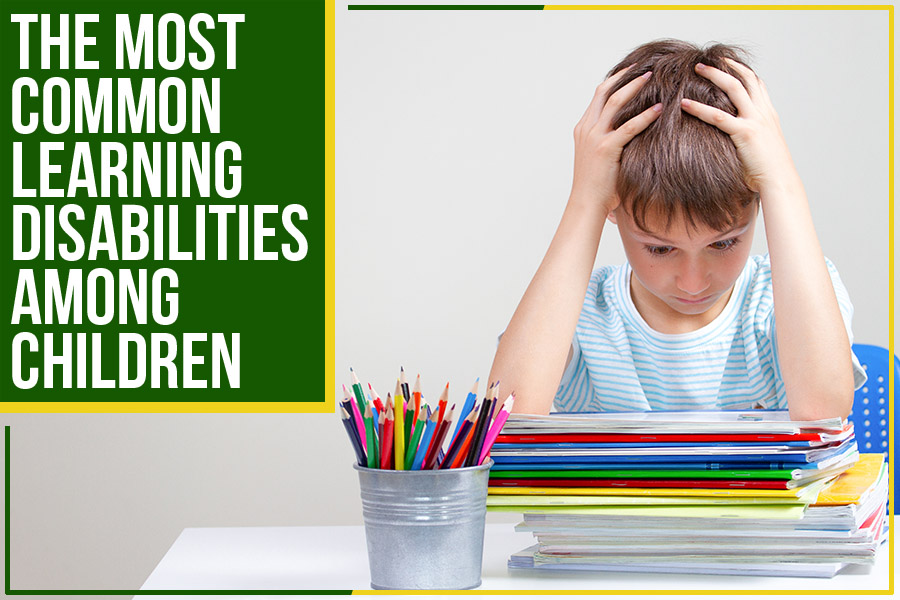The Most Common Learning Disabilities Among Children

Any parent reading this will concur that getting their child (or children) to read as a fun activity is no easy feat. However, once they develop a habit of reading, they most certainly fall in love with recreation, often getting lost in the imaginary worlds of various authors. This not only helps them in their academics but can help with their mental growth.
At Mrs. Myers' Reading Room, we offer a great program for developing readers in Wisconsin and across the US. Click here to sign up for a free trial. It is harder to get some children to develop this habit than others, especially if that child in question is differently abled.
This means that natural medical reasons act as a barrier and slow down, if not completely, stop a child from learning. This can range from reading, writing, all the way to calculating simple mathematics problems. This is not something to be embarrassed about, but rather to accept and address. It is the same as a person who has weak eyesight, wearing glasses. This is true especially in today's day and age where we have methods to identify the condition and address it.
Below are some of the most common disabilities that prevent a child from learning:
1. Dyslexia
Perhaps the most well-known disorder from this list affects a child's ability to read or comprehend text. This specifically affects a person’s ability to distinguish between speech sounds and phonologically breaking down different words.
2. Dyscalculia
This disorder relates to mathematics and processing numbers. This means a person affected by Dyscalculia may be unable to or find difficulty doing fundamental mathematical problems like simple multiplication, which we use and take for granted in our day-to-day life. It can even affect the person to the extent of being unable to understand the concept of time.
3. Dysgraphia
Dysgraphia is perhaps the least known disability from this list. Usually, we focus on reading and comprehension disabilities. Dysgraphia refers to the ability to write or, rather, the lack of it. This means it impedes a person from writing. This can be caused by the person being unable to hold a pencil correctly or tiring out too quickly from writing.
As mentioned previously, this is not an exhaustive list. We can consider disabilities like Attention-Deficit/Hyperactivity Disorder, Down Syndrome, visual impairment, or hearing impediment as learning disabilities, but they do not directly contribute to the inability to learn but are rather consequences of these diseases.
All of the disorders mentioned above or otherwise can have an indirect effect on the ability to learn. This is because humans, especially children, are prone to emotional distress. If one feels that they are not able to perform an act that others can, it can lead to distress, which in consequence can lead to distraction and an inability to focus entirely on the task, hence resulting in impeded learning.
At Mrs. Myers' Reading Room, we not only have programs for developing readers, but we also offer Math development and Interventionist Tutoring in Wisconsin and across the US to help your child excel. Click here to sign up for a free trial.




